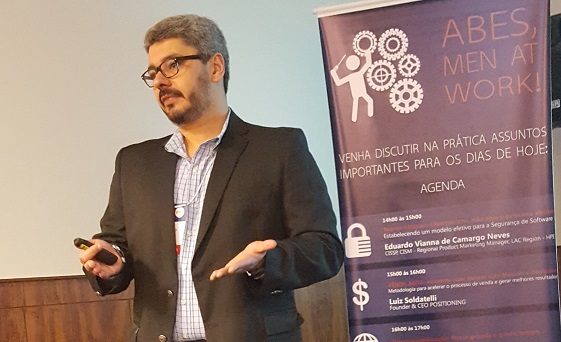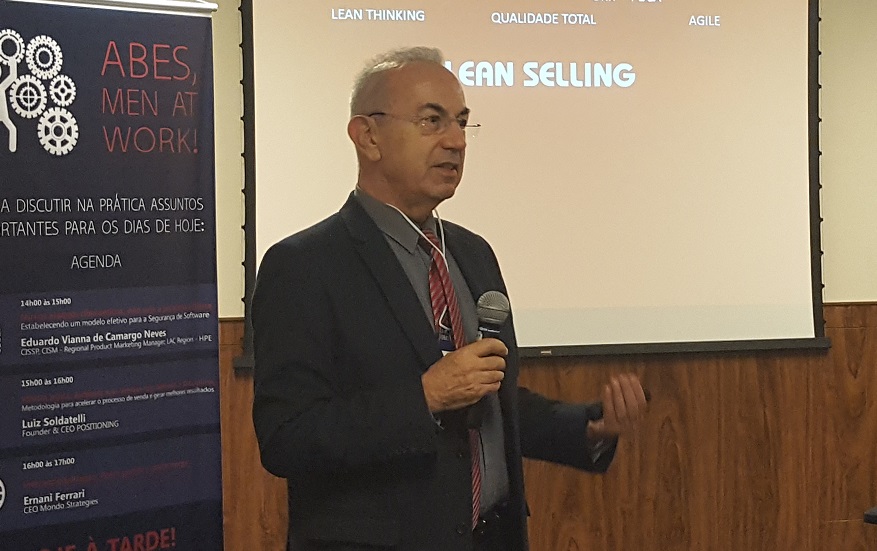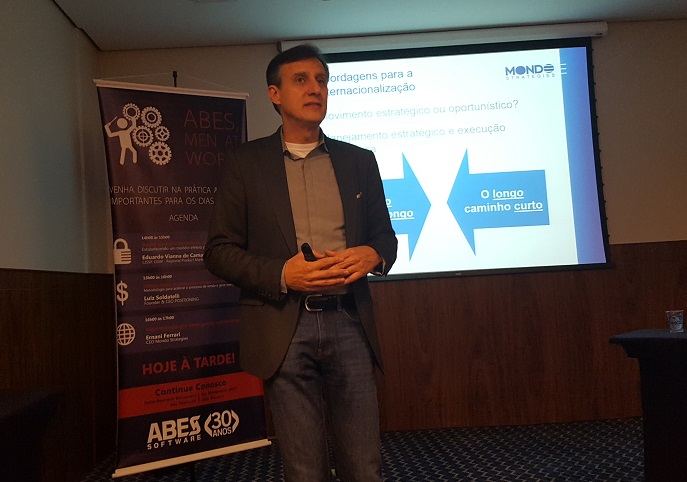
The technical ability to carry out cyber attacks follows technological innovations. This was one of the aspects highlighted by Eduardo Neves, Regional Product Marketing Manager LAC Region – HPE, during an event held by ABES, on August 24, in São Paulo. The speaker also highlighted that digital crime generates impacts estimated at US$ 445 million per year, a figure that could be much higher, since a good part of the cases are not disclosed.
According to Neves, software quality control and the need for IT security need to work together, as there is a worldwide industry in which cybercriminals, who increasingly have advanced technical knowledge. Hackers analyze in detail the costs and benefits of each cyberattack, always thinking about carrying out those that can yield the most resources.
“The companies that develop the solutions and the users must continuously study the vulnerabilities of their systems and environments, as the stages of construction, delivery and consumption of software are increasingly complex and distributed. An effective security model must be integrated and proactive with the SDCL, that is, with the software development cycle, on different platforms. To act reactively is to waste resources”, he concludes.
Sales and internationalization of companies

At this event, Luiz Soldatelli, CEO and founder of Positioning, presented the concept of sales governance and the AGILE management model, aiming to improve the consultative sales cycle to obtain better commercial results, especially focused on companies in the IT sector.
“We reflected on the traditional models and added concepts from practices originating from the lean system, the scrum methodology and the kanban tool, in an attempt to make companies obtain significant results in sales”, highlights Soldatelli. “Managers can improve all stages of sales, especially the customer qualification phase, as the salesperson often spends a lot of energy on a lead, not knowing if it will be worth all the time invested and the efforts made”, he adds.

Another trend discussed at the event promoted by ABES was the internationalization of software companies, presented by specialist Ernani Ferrari, CEO of Mondo Estrategies, who spoke about the needs, opportunities and challenges for companies that want to conquer international markets. “In Brazil, we are still experiencing an embryonic process, but we see greater interest, given that the economy is weaker and the dollar rate is favorable. The globalization movement continues and national companies need to prepare themselves to be competitive”, he explains.
According to Ferrari, the basic points for an internationalization plan are: defining the products, having a recognized brand, defining the sales channels and added services. “In order to have a recognized brand, for example, the company will need to decide whether to carry out a campaign or to associate itself with a strong pre-existing brand in the local market, a partnership that confers credibility. It is also necessary to have a deep knowledge of the business rules and the culture of the target market”, he says.
The executive also reiterates that it is necessary to observe the size of the international market. “Even with its relevance in Latin America, the Chilean IT market is equivalent to the size of the Santa Catarina market. The entrepreneur needs to identify the profitability that the market share to be conquered can yield, whether in Brazil or abroad”, he concludes.












